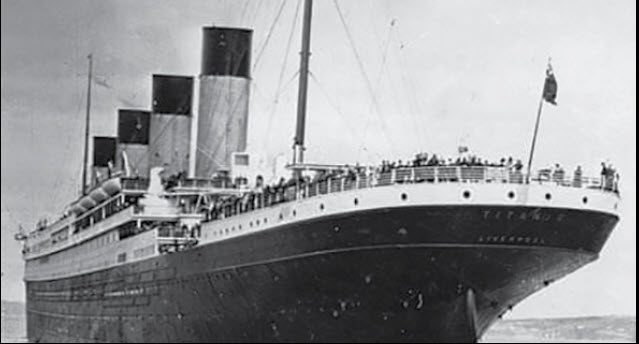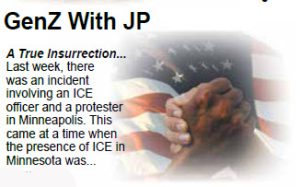Leadership is rarely about making easy choices. More often, it requires the courage to do what is right even when it is uncomfortable, particularly in moments of confrontation. Leaders who avoid difficult conversations—especially with people they like or admire—risk far more than hurt feelings. They risk integrity, trust, and ultimately, the health of the community or organization they serve.
The sinking of the Titanic in 1912 offers a vivid metaphor for this tension. Captain Edward Smith, deeply respected and beloved by his crew and passengers, was faced with an impossible choice as the ship approached the iceberg. In that moment, he tried to steer away from the danger rather than confronting it head-on. The maneuver was too late, and the glancing blow tore open the vessel’s side. History records the catastrophic result. Had Smith ordered a direct head-on collision, the damage might have been less severe and the ship might have stayed afloat. Avoidance, in this case, proved more destructive than confrontation.
This picture mirrors the reality of leadership in organizations, churches, and communities today. When leaders try to “steer around” hard conversations—whether about unethical behavior, unhealthy dynamics, or broken systems—they may temporarily spare someone’s feelings or maintain surface harmony. Yet the underlying problem continues tearing at the fabric of the group, often with irreversible consequences.
True leadership requires the resolve to face the iceberg. It means calling out misconduct even when the person involved is a friend. It means naming toxic habits even when they are deeply embedded in tradition. It means confronting unhealthy behavior in those we admire because protecting the mission and the people entrusted to us must outweigh the comfort of keeping the peace.
Leaders are called not to popularity but to responsibility. Confrontation, handled with honesty and respect, is not an act of aggression but an act of stewardship. It protects the mission from being torn apart by forces that could have been addressed earlier. It upholds integrity, even when silence feels easier. And it reminds us that doing the right thing is rarely painless, but it is always necessary.
By: Eric Betts
Assistant Director, Curtis Coleman Center for Religion Leadership and Culture at Athens State University









